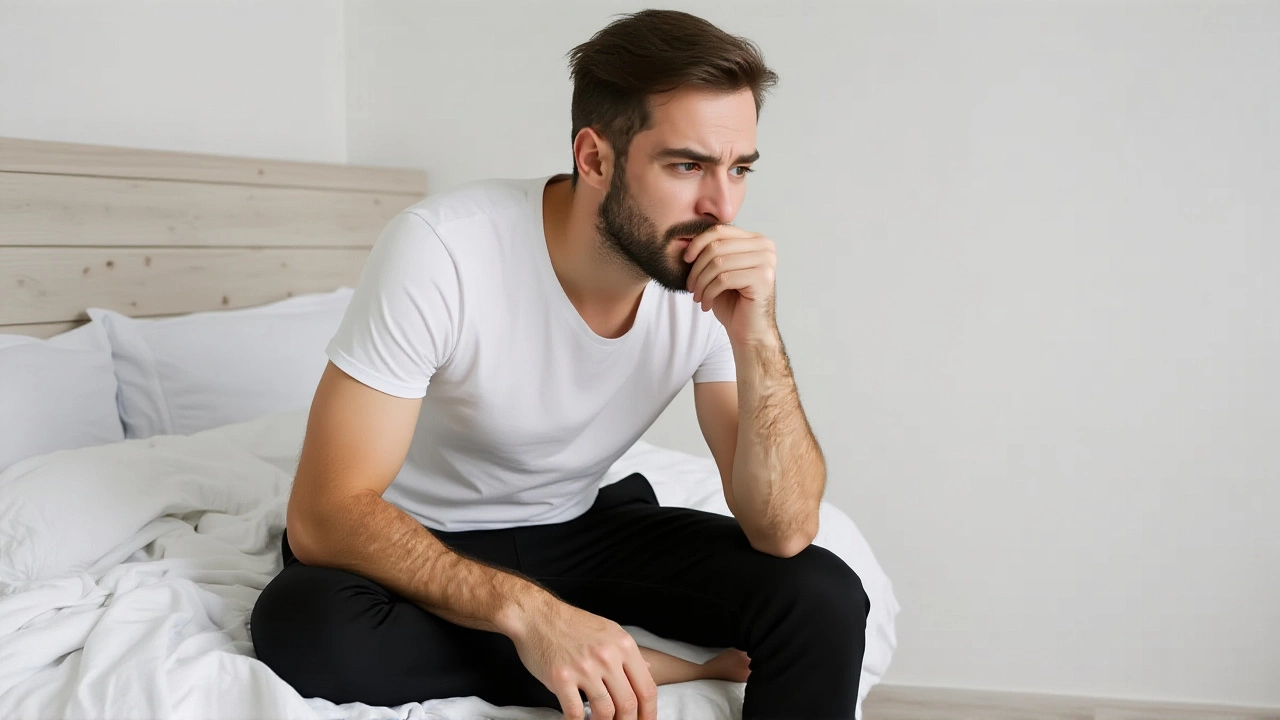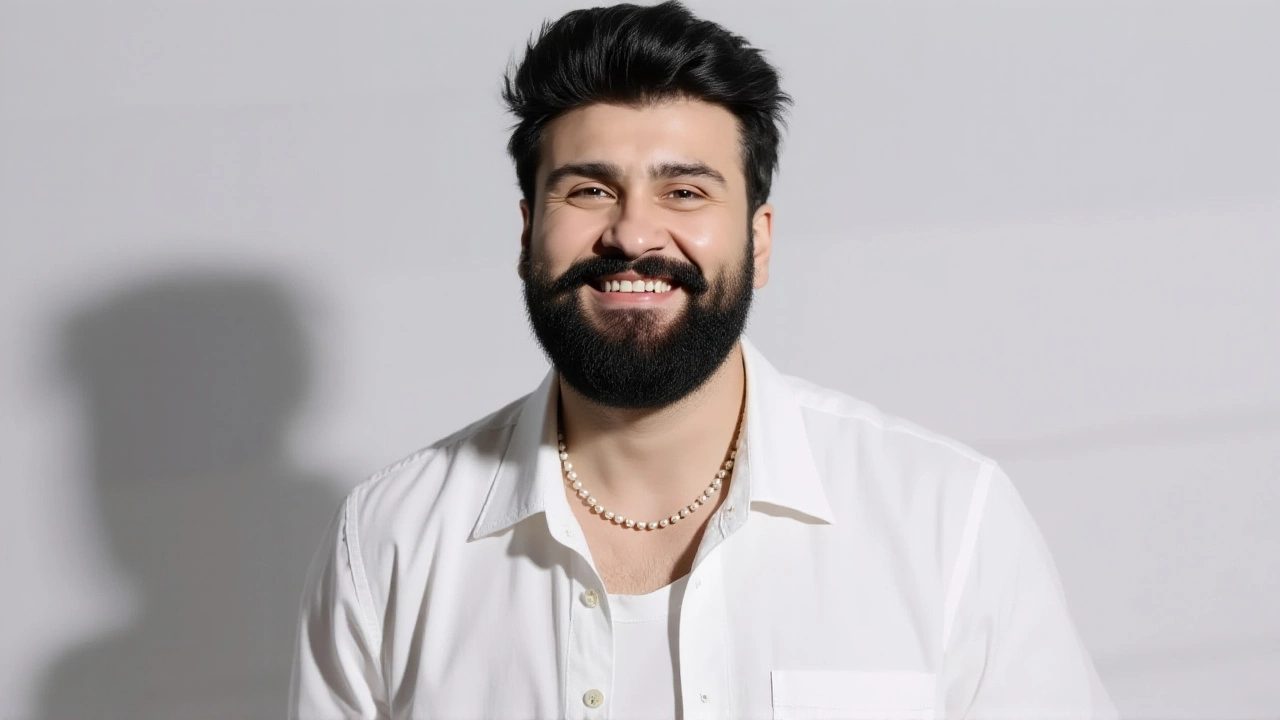MediBuddy’s #PowerUpGuys Campaign Rewrites Masculinity Through Gaming and Self-Care
 Nov, 21 2025
Nov, 21 2025
On November 19, 2025, MediBuddy, India’s largest digital healthcare company headquartered in Mumbai, launched a bold new campaign that didn’t just talk about men’s health—it gamified it. The #PowerUpGuys initiative, rolled out across YouTube, Instagram, and Twitter, used retro gaming aesthetics to flip the script on what it means to be strong. For too long, Indian men have been conditioned to ignore pain, delay check-ups, and swallow their struggles. MediBuddy didn’t preach. It played.
Why Gaming? Because It Works
The campaign’s 57-second film, produced entirely in-house, feels like a throwback to early 2000s mobile games—pixelated avatars, chiptune sound effects, and the unmistakable urgency of a health quest. One character shouts, “अर्जुन भाई माइक ऑन कर. वी विल गेट 50 पॉइंट्स ऑन द स्पॉट.” Another sighs, “ब्रो. मत कर यार. ही इज़ स्किपिंग ऑल द हेल्थ क्वेस्ट यार.” Collecting a medical kit? That’s +100 points. Scheduling a blood pressure check? Unlock a bonus life. It’s not subtle. But it doesn’t need to be.
Manu Sankar Das, Head of Brand Marketing at MediBuddy, put it bluntly: “Men often put their health on the backburner, prioritising work or responsibilities over their wellbeing.” The data backs him up. According to National Health Survey reports, only 32% of Indian men visit a doctor annually, compared to 58% of women. Nearly 60% wait until symptoms become unbearable before seeking help. Depression goes untreated. Hypertension goes ignored. Heart disease goes undiagnosed—until it’s too late.
Breaking the ‘Strong Man’ Myth
What made #PowerUpGuys stand out wasn’t just its format—it was its message. In a culture where emotional restraint is mistaken for strength, MediBuddy flipped the script. “Self-care isn’t weakness,” Das added. “It’s the ultimate power-up.”
The campaign didn’t just target physical health. It nudged men toward emotional honesty. The video’s final line—“मिशन कंप्लीट यू वन गुड हेल्प दिस इंटरनेशनल मेंस डे पावर अप गाइस विडी बडी.”—wasn’t just a call to action. It was an invitation to be human.
And it worked. Within 72 hours, the YouTube video hit 2.3 million views. The hashtag #PowerUpGuys trended in seven Indian cities. Comments flooded in: “My dad watched this and booked his annual check-up,” wrote one user. Another said, “I cried watching this. I haven’t talked to my therapist in 18 months.”
A Bigger Movement
MediBuddy wasn’t alone. On International Men’s Day 2025, brands across India rolled out campaigns reimagining masculinity. Elver launched #ChanceToConnect, encouraging men to text a friend instead of bottling up emotions. METRO Shoes celebrated everyday heroes—fathers who wake up early, sons who carry groceries, uncles who listen without fixing. Harfun ran “We’ve Got Your Back”, featuring real stories of men recovering from burnout.
But MediBuddy’s approach was different. It didn’t ask men to be better. It let them level up.

The Ripple Effect
Health experts say this shift matters. “When you frame prevention as a game,” says Dr. Arjun Mehta, a psychiatrist at Apollo Hospitals in Delhi, “you bypass the shame barrier. Men don’t respond to guilt. They respond to progress bars, points, and unlockables.”
Since the campaign launched, MediBuddy’s app saw a 47% spike in preventive health bookings—mammograms for partners, diabetes screenings, mental health consultations. The company reports a 63% increase in men using its teleconsultation service for non-emergency issues. That’s not marketing. That’s medicine.
What’s Next?
MediBuddy plans to expand #PowerUpGuys into a year-round initiative, adding leaderboards, community challenges, and real-world rewards like free health screenings. They’re also testing a version for fathers and sons, where completing health quests together unlocks family wellness badges.
Meanwhile, other brands are watching. Could this be the future of public health campaigns? Not through fear. Not through guilt. But through fun, nostalgia, and the simple, powerful idea that taking care of yourself isn’t selfish—it’s the highest score you can get.
Frequently Asked Questions
How does #PowerUpGuys change the way men think about health in India?
The campaign reframes preventive care as a game mechanic—collecting medical kits, earning points, unlocking lives—making health actions feel rewarding rather than burdensome. This taps into gaming culture familiar to millions of Indian men, bypassing traditional stigma by turning self-care into progress, not punishment.
Why did MediBuddy choose gaming as the core metaphor?
Gaming offers instant feedback, clear goals, and emotional engagement—exactly what’s missing in traditional health messaging. For men raised on mobile games like Candy Crush or PUBG, the language of levels, power-ups, and checkpoints is intuitive. MediBuddy didn’t just speak to them; they spoke their dialect.
What impact has the campaign had on actual health behavior?
Within three days of launch, MediBuddy’s app saw a 47% surge in preventive health bookings and a 63% rise in men using teleconsultations for non-emergency issues. The campaign also drove a 200% increase in searches for “mental health support” on its platform, suggesting real behavioral change beyond viral views.
How does this compare to past men’s health campaigns in India?
Previous campaigns relied on emotional appeals or fear tactics—“Don’t die young,” “Your family needs you.” These often backfired by triggering defensiveness. #PowerUpGuys avoids shame entirely, instead offering agency and mastery. It’s the difference between being lectured and being invited to play.
Are there plans to expand #PowerUpGuys beyond India?
MediBuddy has hinted at global expansion, particularly in Southeast Asia and the Middle East, where similar cultural norms around male stoicism exist. Early prototypes are being tested in Indonesia and the Philippines, with localized versions featuring regional gaming references like *Mobile Legends* and *Free Fire*.
What role did language play in the campaign’s success?
The mix of Hindi and English—colloquial, playful, and authentic—made the message feel personal, not corporate. Phrases like “भाई एक साथ सब लैंडिंग करना” and “यू हैव टू टेक ऑल द प्रिवेंटिव चेक्स” resonated because they mirrored how men actually talk to each other, not how ads try to sound.